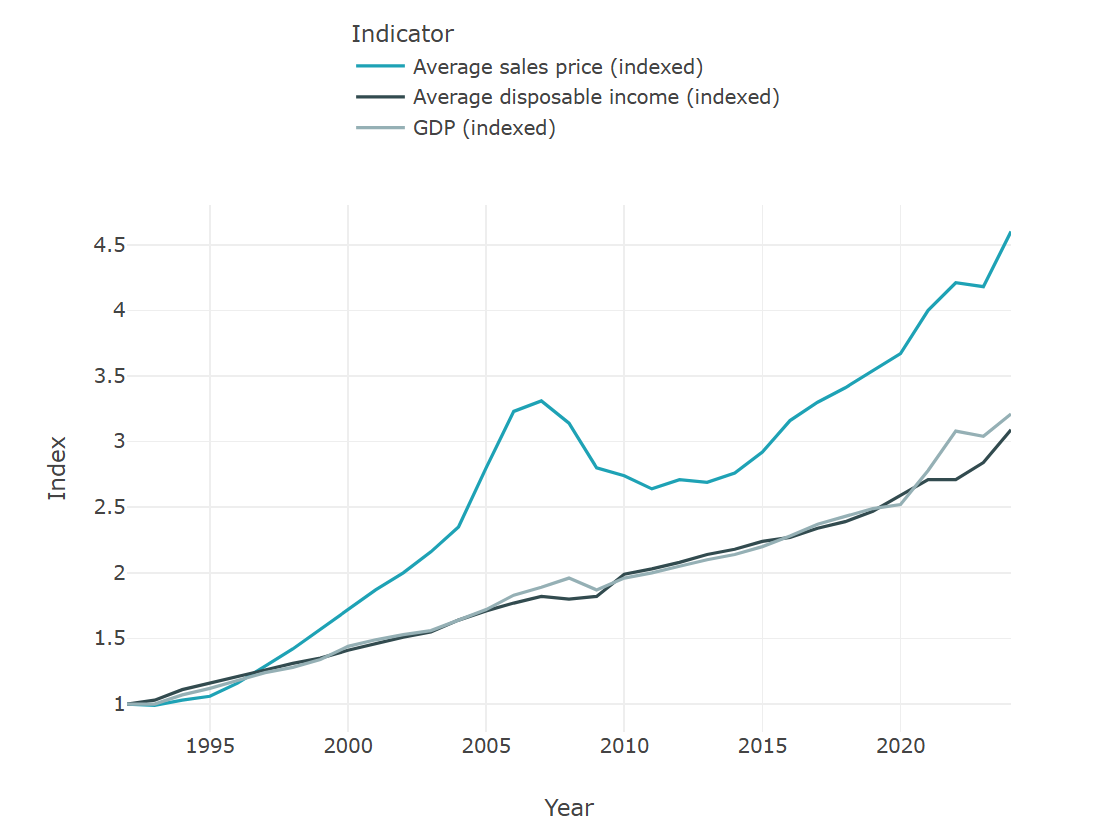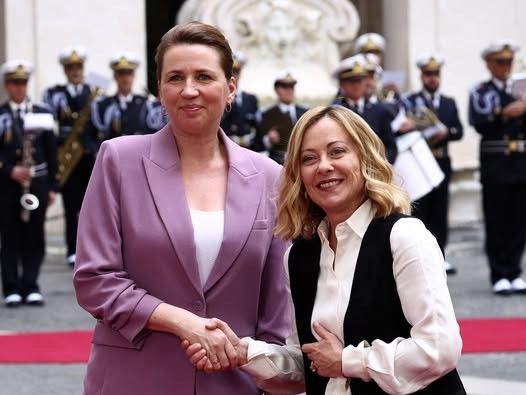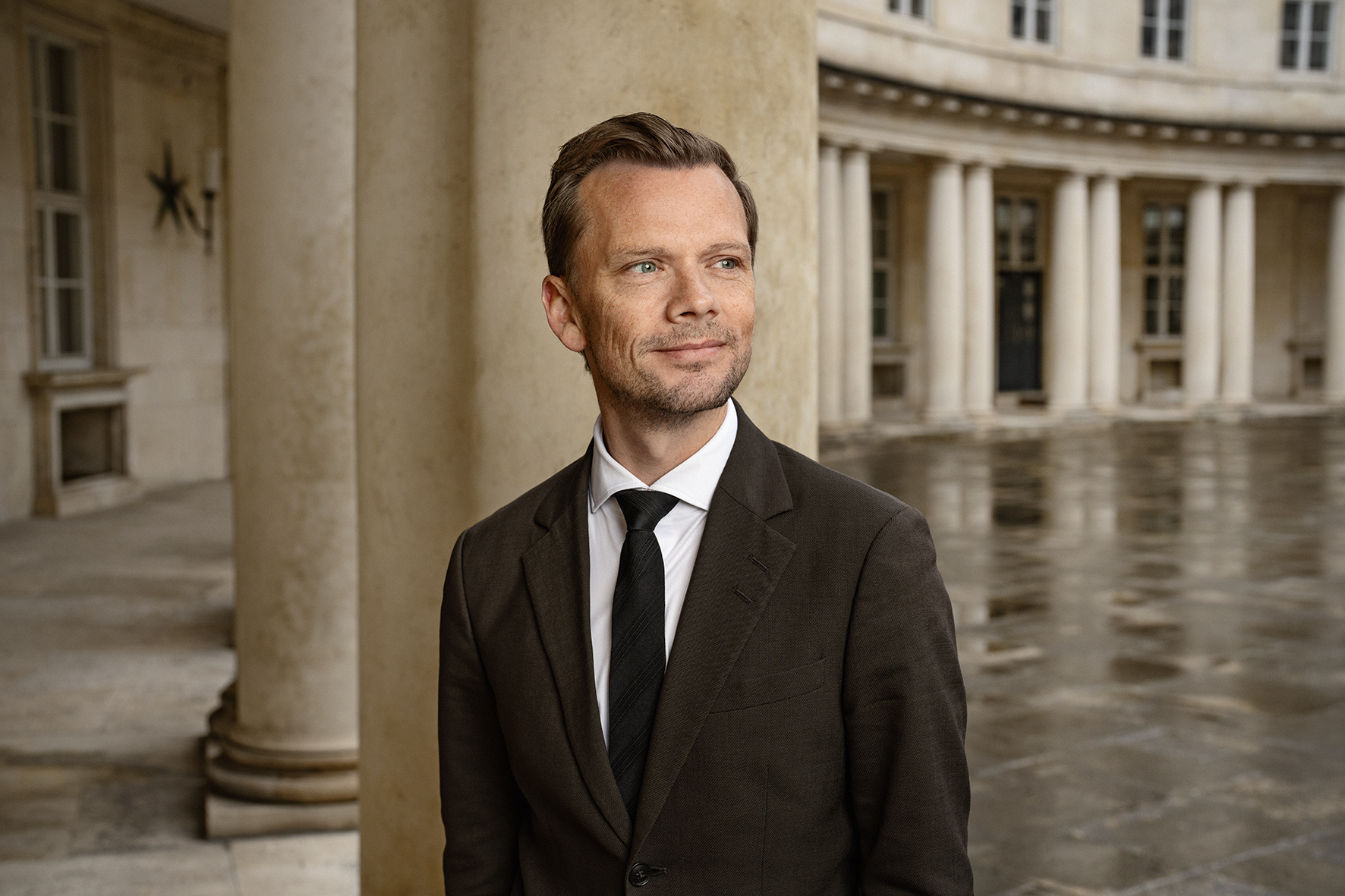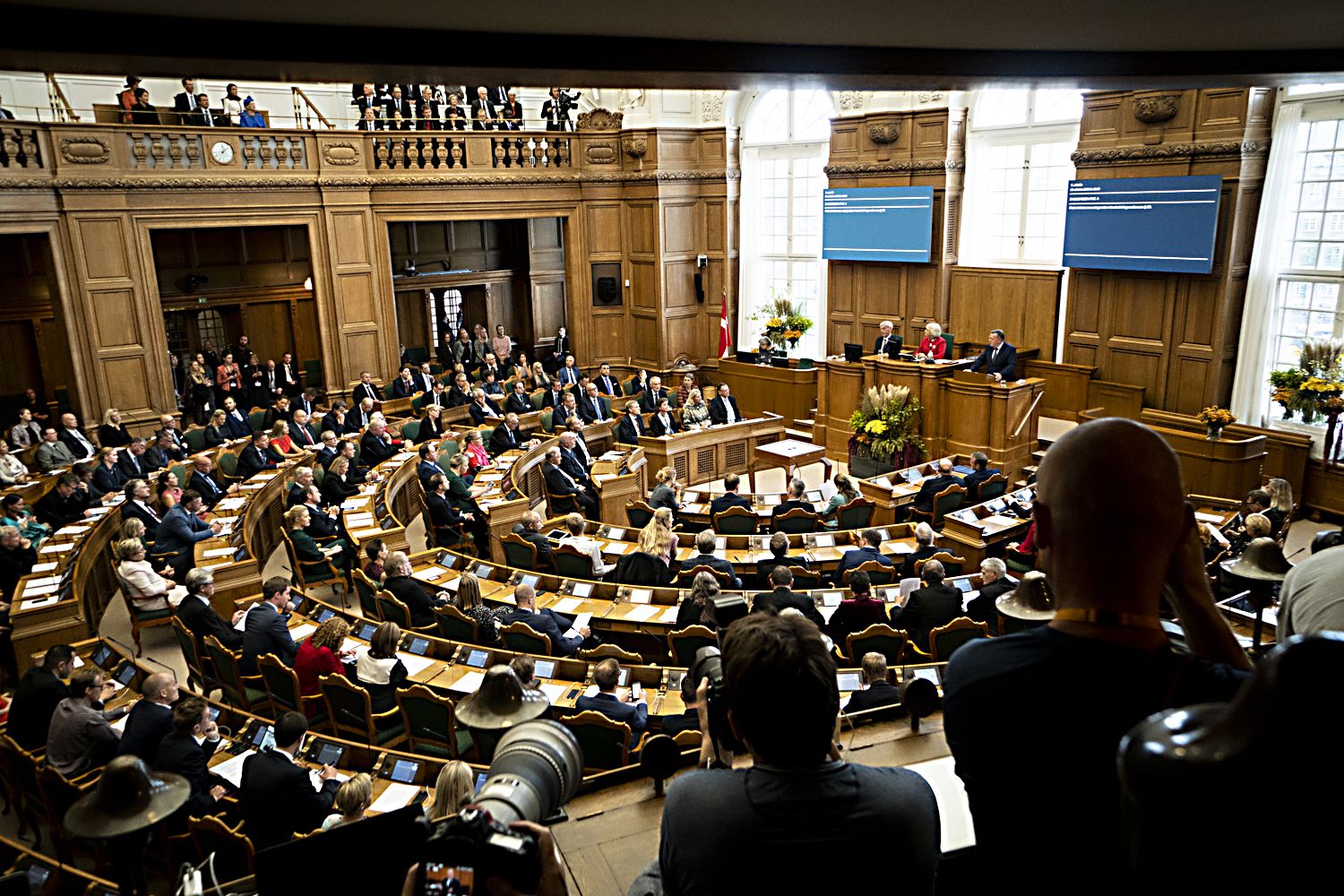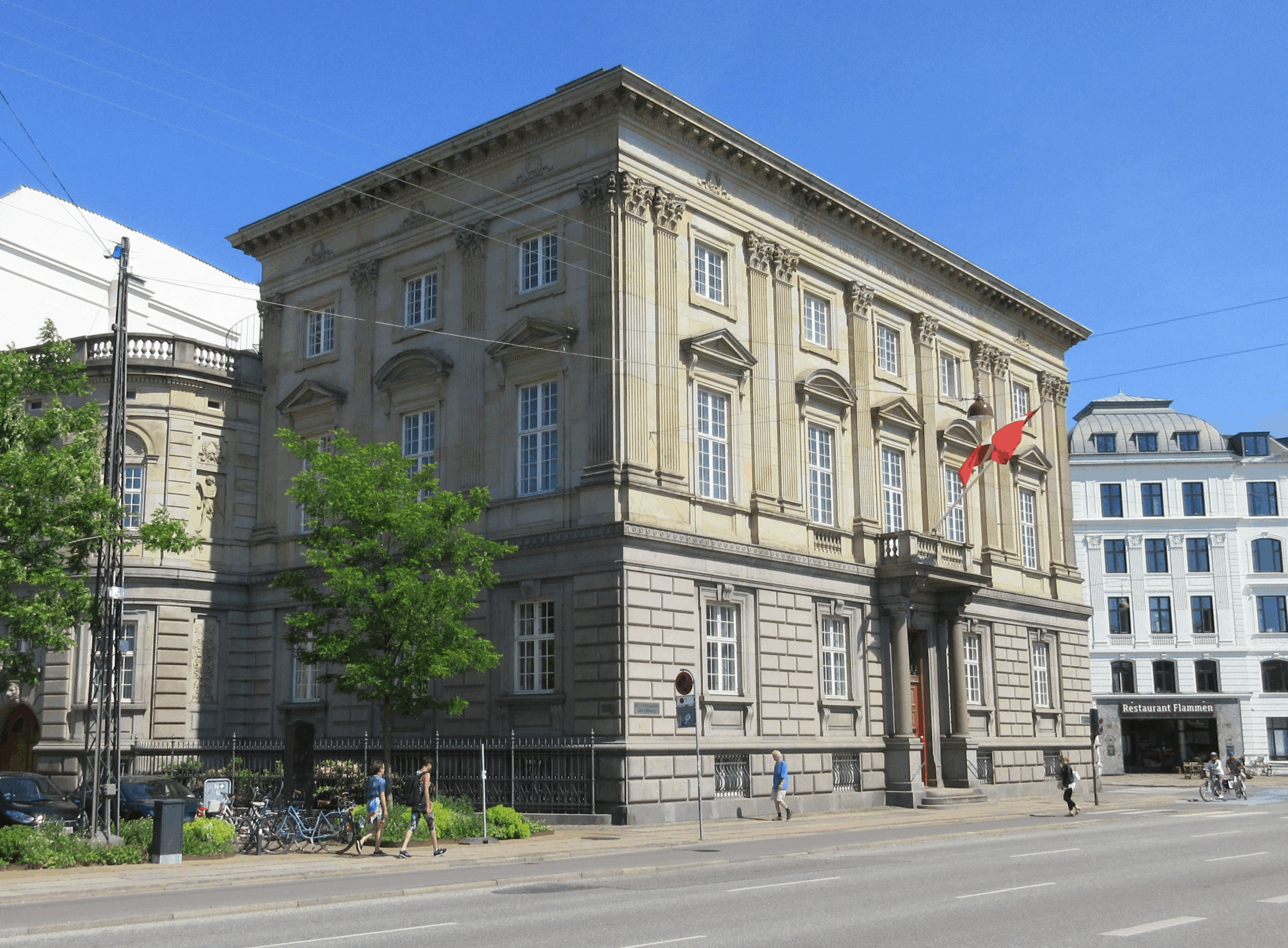There are increasing signs that the bonds between church and state in Denmark are eroding.
Following a week in which prominent voices from within his party questioned the relationship between church and state, Church Minister Manu Sareen (Radikale) has set up a commission to look at “modernising” the Church of Denmark.
The commission will look at just who should have control over what when it comes to the church, including its finances. Currently, the state support received by the church goes primarily to the salaries and pensions of the nation’s pastors.
The commission will also assess whether there are new administrative bodies that should be created within the church and whether other measures can ensure more coherent management and a more modern structure.
“We need to modernise the church so that it has more to offer to everyone in Denmark,” Sareen told Ritzau.
The church-state relationship was severely strained with the June law change that allowed homosexuals to get married in church. Several independent congregations sprouted up in protest against the decision.
Sareen stressed that the commission’s work would not result in a separation of church and state, despite the calls from within his own party to sever state support for the church.
Last week, Bo Nissen Knudsen, a member of Radikale’s executive committee, told Berlingske newspaper that the state should offer less support to the church.
“We don’t think it’s the role of the state to promote religion and it is certainly not an enterprise that needs to be supported with lots of money in this day and age,” Knudsen said. “The biggest problem is that lots of money from tax payers who are not members of the Church of Denmark are being used to pay the salaries of priests and finance the direct practise of religion.”
Earlier this week, another sign that the church’s sway over Denmark is waning emerged in the form of a change made to how Danes, who are default members of the church upon birth, can withdraw from the church.
Kristeligt Dagblad reported that the Church Ministry has approved a change that would allow people to withdraw from the church by simply sending an email to their local pastor. Previously, someone looking to leave the church – and thus avoid paying the default church tax – had to send a formal letter or visit the church in person.
The change was criticised by some within the church.
“I think, in all honesty, that when someone withdraws from a religious community, it should be taken more seriously,” Elisabeth Dons Christensen, the bishop of Ribe diocese, told Kristeligt Dagblad. “In my view, withdrawal by means of email sends the wrong kind of signal that the church doesn’t really care that people are withdrawing.”
The discussion over whether to separate church and state has been ongoing for many years. The Church of Denmark was named as the “Danish people’s church" in Denmark’s constitution dating to 1848. Separating the church from the state would allow the church to have its own set of rules and remove parliament as its supreme legislative authority.
The conversation has increased since May, when Norway opted to formally separate church and state.


